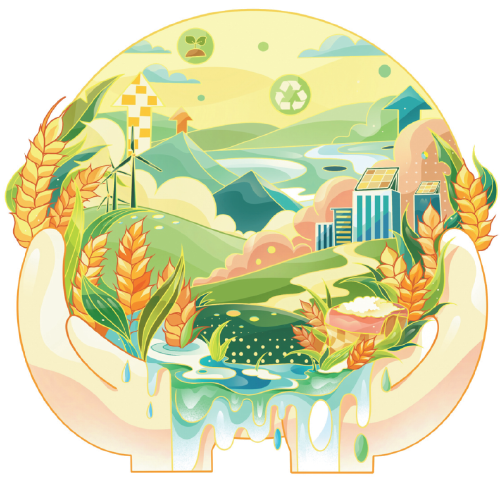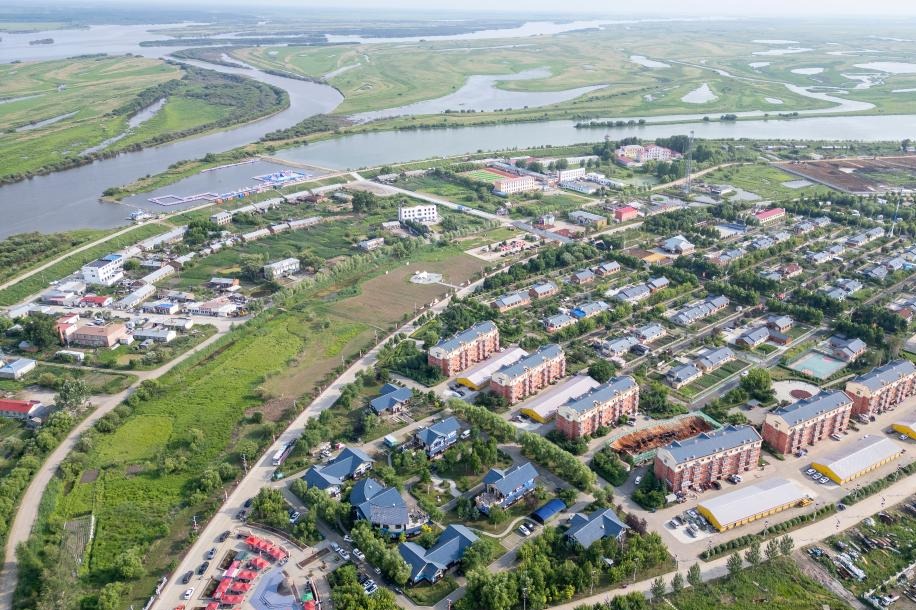From farm to fork


Policymakers must make the right decisions to ensure a sustainable food future
As the Ukraine crisis continues, the humanitarian and economic consequences will expand far beyond the region, putting potentially millions of people around the world at risk of hunger. The right responses from farmers and policymakers can keep the world on track for a sustainable food future. The wrong ones will worsen food insecurity and fuel climate change.
Because Russia and Ukraine combined produce about 12 percent of all food calories traded globally, the Ukraine crisis is having-or will soon have-major impacts on global food systems.
Fertilizer prices are likely to go beyond the current near-record levels due to economic sanctions on Russia and the fact that Russia is a major nitrogen fertilizer producer, responsible for nearly one-tenth of the global production in 2018. Prices of other agricultural inputs such as potash and phosphate fertilizers will also likely increase, since Russia is a major producer of these as well.
At the same time, Ukraine's farmers face the difficult choice of planting their fields or fleeing from the fighting. A lack of planting and harvesting-combined with the inability to export grains from ports like Odessa-will constrain supplies of wheat, barley and sunflowers globally.
And finally, price spikes that make food more expensive especially affect the poor. This could result in a growing number of people facing hunger, which in turn could drive social unrest in hard-hit countries.
While urgent actions are needed to prevent massive hunger, it is noteworthy that some responses could actually worsen food insecurity and the world's ability to meet globally agreed climate goals.
First, plowing up nature to make up for lost food production. Plowing up natural ecosystems to create new crop production areas would release millions of tons of carbon dioxide into the atmosphere, exacerbating climate change and biodiversity loss.
Second, using bioenergy to replace Russian natural gas. Using waste materials for energy can have economic and climate benefits. However, harvesting trees to generate electricity and heat increases greenhouse gas emissions over decades or even a century and can result in a vast carbon debt that requires many years of forest regrowth to pay back.
Third, substituting biofuels from food or energy crops for transportation to relieve price pressures on petroleum. The world is already expanding cropland at record rates to try to meet the food demand. Biofuels drive this demand for cropland even further, yet produce limited amounts of energy. The United States, for example, uses 30-40 percent of its corn supply for ethanol to produce only 5 percent of US transport fuel. At a time when more people around the world face hunger, the world's cropland should be used to grow food-not fuel.
Public and private sector leaders can stave off a worsening crisis and support both food security and climate goals.
In the short-term, decisions over the next few months can address the immediate crisis.
Countries should support the UN World Food Program's hunger-relief efforts to address acute food crises in vulnerable regions. Doing so helps get immediate aid to those most in need.
Keep agricultural markets and trade flows open. Now is the time to ensure the food supply chain can function by keeping borders open to agricultural trade.
Relax or eliminate biofuel mandates. Our calculations show that reducing grain used for ethanol production (transportation fuel) in the US and Europe by 50 percent this year would compensate for all the lost exports of Ukrainian wheat, corn, barley and rye. In the short term, we need these grains to alleviate food shortages.
Over the longer term, putting the global food system on a more sustainable pathway capable of weathering political and climate shocks will require some actions:
Double down on efforts to reduce food loss and waste. Globally, one-third of all food is lost or wasted between the farm and fork. Reducing this loss and waste effectively means increasing the amount of food available to consumers.
Sustainably close crop yield gaps. Boosting crop yields on existing land is especially important for smallholder farmers in low-income countries, where doing so can lead to reduced food insecurity and increased rural incomes. When combined with other policies to protect nature, increasing crop yields can deliver climate and biodiversity benefits.
Shift to more sustainable diets. Approximately one-third of global cropland is used to feed livestock. Shifting high-meat diets in a plant-rich direction could free up more arable land to grow crops for human consumption.
Align agriculture subsidies with crops that people consume. Agriculture subsidies that support biofuel or animal production could be phased down or transferred to crops directly consumed by people.
A looming food crisis is one of the devastating effects of this conflict. Now is the time for decisions that set a course for immediate as well as long-term food, energy and climate security.
The author is vice-president of Food, Forests, Water& the Ocean at the World Resources Institute. The author contributed this article to China Watch, a think tank powered by China Daily.
The views do not necessarily reflect those of China Daily.
Contact the editor at editor@chinawatch.cn

































